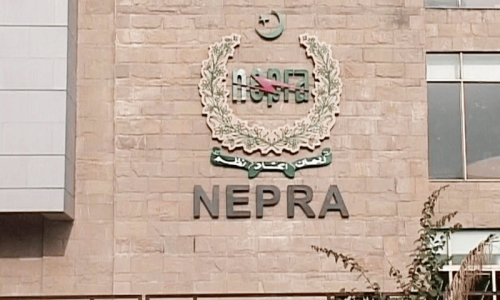One of the better things that the PTI government in KP has done is to give a new push to microhydel power generation schemes.
Most recently, their attempts to pursue the Gorkin Matiltan hydropower project (84MW) in Swat has met with resistance in the Central Development Working Party, a government department tasked with approving projects whose cost is less than Rs3bn.
Members of the CDWP, which is run by the PML-N federal government, say the project cost is too high, and that the cost of the electricity it will generate is also too high for a hydel project. They compare this project with another one in KP which was completed at slightly below the cost of Gorkin Matiltan.
It is hard to avoid the impression that the resistance to this project is political. If the CDWP members, which is chaired by the deputy chairman of the Planning Commission, Ahsan Iqbal, are serious about comparing the project costs of Gorkin Matiltan with that of Duber Khwar, they should also note that the latter was begun more than a decade ago.
The first electricity ever generated in the territories we now call Pakistan was from a microhydel scheme in Renala Khurd. The next larger power generation was also a microhydel scheme in Malakand valley, built by the British in the 1920s.
There was a vision to provide much of Pakistan’s power needs through myriad such schemes in the canals and mountains, but it fell by the wayside with the arrival of American aid in the form of mega dams. The PTI government has recently given new life to the vision, and is taking concrete steps on the ground to implement it.
In return, the PML-N government, which never raised concerns about the cost of generation from the Nandipur project, is obstructing the scheme, arguing its costs are too high. Again, it is hard not to see this as obstructionist politics standing in the way of reviving a promising vision, and innovative approaches, to solving Pakistan’s power crisis.
Published in Dawn, October 5th, 2014










































